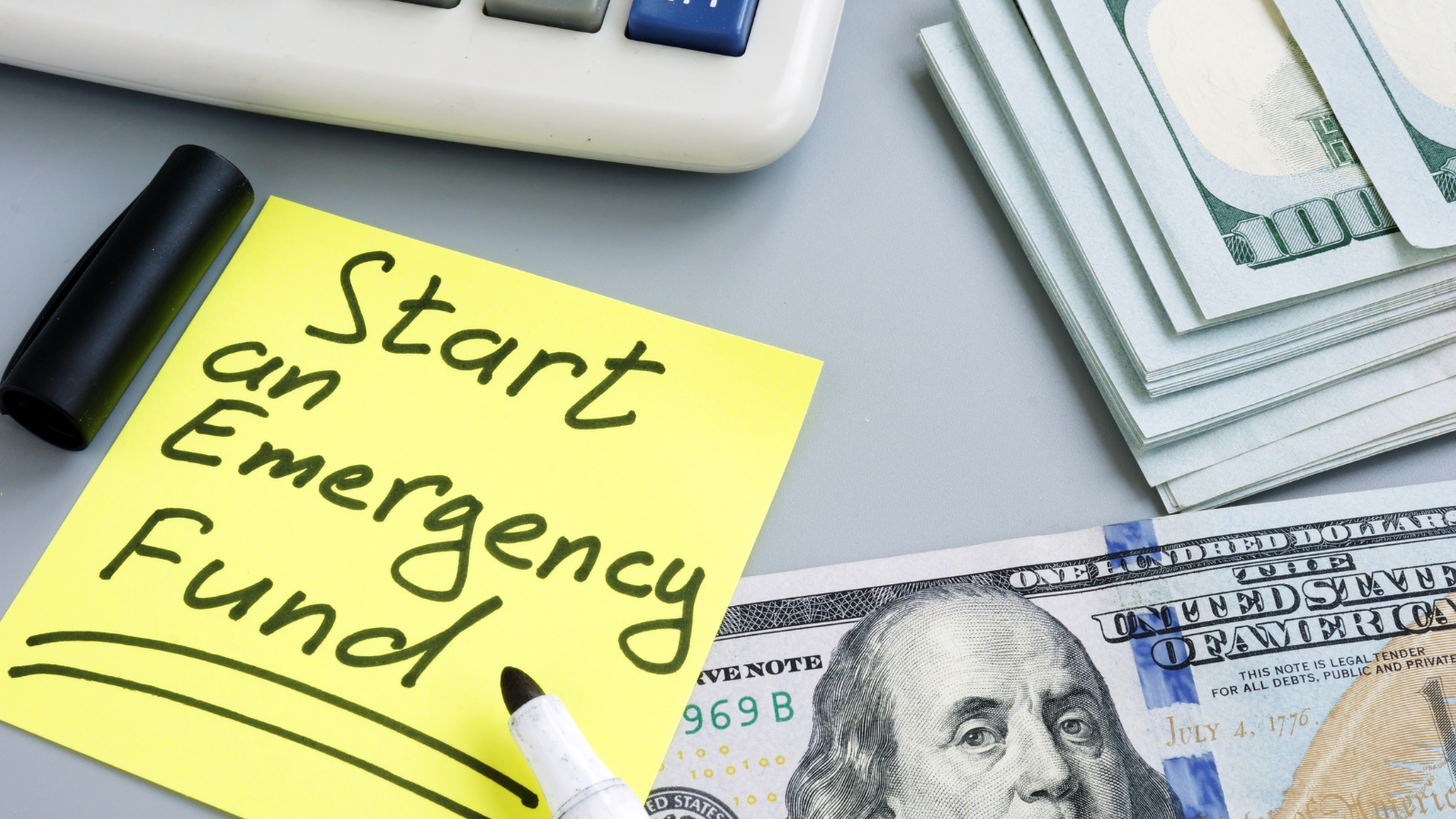Have you felt the pinch in your wallet over the last year? Does your checking account seem to run out of dollars before the month runs out of days?
You are not alone in your struggles!
In 2023, the cost of living in the US increased 3.3% overall on top of the incredible inflation in 2022. Most of us felt rising costs most keenly in the grocery store or as we tried to purchase homes. It is true that much of what happens in the financial world is beyond our control, which makes it all the more vital that we do all we can to attend to our financial health.
Hayes and Associates urges you to make 2024 the year you resolve to improve your financial health, and here we share the first steps that will help you get started.
Risks of Ignoring Your Financial Health
Financial woes are not easily dismissed from our minds. Left unchecked, they can lead to a decline in your mental and emotional health, which can manifest as anxiety, depression, insomnia, weight gain or loss, headaches, high blood pressure, and more. Additionally, poor financial health- as well as disparate financial goals from your spouse/ partner- can lead to relationship strife. In fact, Verywell Mind lists “money problems” at the top of their list of marriage stressors.
Simply put, you can’t afford to ignore your financial health. Your quality of life, and that of your family are at risk.
Improving Your Financial Health in the Present
With an understanding of the urgency of achieving financial wellness in 2024, begin your journey by improving your financial literacy. How well do you understand money matters in general, and, more specifically, your personal money matters? This initial step is vital to setting- and achieving- appropriate financial goals. Not sure where to begin in our information-saturated age? The Financial Literacy Coalition exists to help people wisely take charge of their finances.
Now it’s time to get practical.
- Evaluate your financial records. If creating a budget is new for you, begin by gathering financial information. What are your monthly bills? What is your income? What debt do you carry? Use credit card and bank statements to get a clear view of your earnings and spending habits over the last six-to-twelve months. Are you aware of where your money is going? If you’ve got a spending area that is out of control, devise a strategy to reduce that area and use a self- disciplined approach. The money you save by shrewd management can go a long way toward better financial health.
- Create a budget. If you’re already working from a budget, you’re off to a great start, but don’t be fooled into thinking a budget you devised five or ten years ago is adequate for your current lifestyle needs (or rising costs due to inflation.). Even a good budget needs to be reevaluated and tweaked every year to accommodate changing needs.
- Hold yourself accountable. Once you’ve established a budget, consider downloading an app onto your smartphone that will allow you to track your income, savings, and spending with ease. Work hard to stay within the parameters of the budget you’ve created and make adjustments periodically. For instance, if you go over on your grocery allotment, you’ll have to cut expenses in another category to compensate.
- Establish an emergency fund. Difficult times come, and often they appear unexpectedly. Don’t leave yourself struggling to get by. Create a separate, do-not-touch fund that you build up to the equivalent of 3-6 months of living expenses for your family. If you’re starting from scratch, set aside a little bit every paycheck until you reach your goal.
- Avoid high-interest credit cards. You’ll end up paying exponentially more in the long run. Credit cards are only advantageous when their convenience can be paid off quickly, potentially earning you cash back or other rewards, depending upon the card.
- Develop a debt-reduction strategy. In general, it helps to pay off the highest interest debts as quickly as possible so you are not throwing money away. Consolidating your debts into one monthly payment with a lower interest rate may also be an option.
- Live within your means. Plan and save for the big-ticket items you need to purchase. Look for budget-friendly options for doing and buying the things you love.
Improving Your Financial Health Future
Truly, there is no way to completely separate future financial health from the present, as the very things that will give us a secure financial future are the habits we build and maintain consistently over a lifetime of practice. That being said, in order to make those choices with an eye on the horizon, it’s important to have a clear vision of the future for which you are working.
- Deposit savings first. The money that you put aside for the future comes from the top of your earnings, not the leftovers at the end of the month. You may be able to work with your banking institution to directly deposit a portion of your pay directly into savings. You are not likely to miss what you never knew you had.
- Increase retirement funds. Begin by putting one or two percent of your earnings into your 401K or other retirement accounts. Gradually increase this amount, perhaps annually or every time you get a raise. Ask your employer about investment matching, and if this perk is available, take advantage of it to the fullest extent allowed.
- Strategically invest. A few generations ago, wary citizens hid their money in jars at home. While their money was always within reach, they failed to realize that it lost value as it depreciated. Investing your savings well can help you generate passive income that makes for a more comfortable financial future. Investigate potential risk and returns, and when in doubt, discuss your options with your accountant.
Consult with the Professionals for a Financial Health Check-Up
At Hayes and Associates, establishing and maintaining good financial health for individuals, families, and businesses is what we do. We understand that smarter spending and saving now will give you greater financial freedom in the future. To that end, our friendly and knowledgeable accountants would love to sit down with you to evaluate your current finances, help you define your goals, and establish a plan to make those goals a reality. Schedule a consultation with us today.





